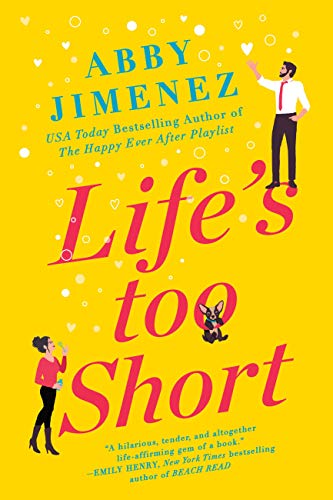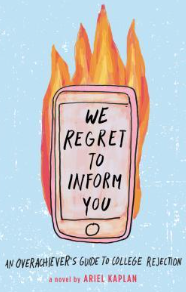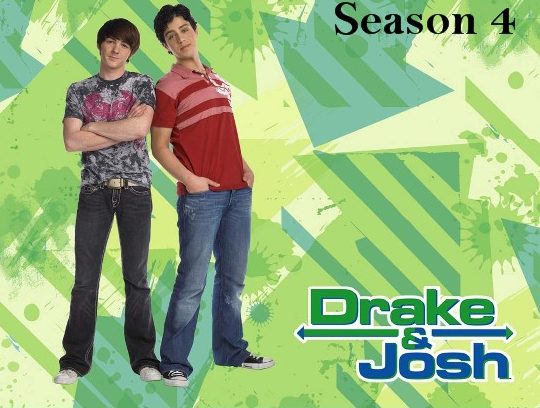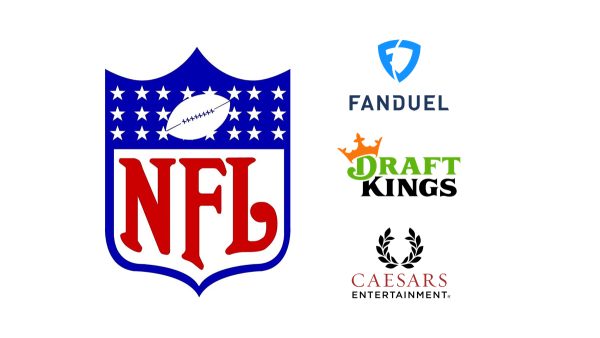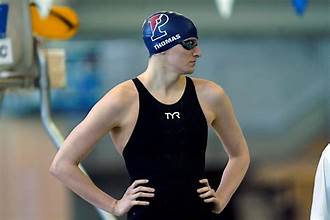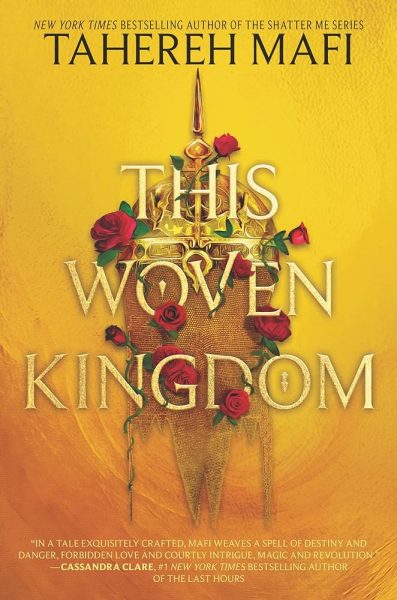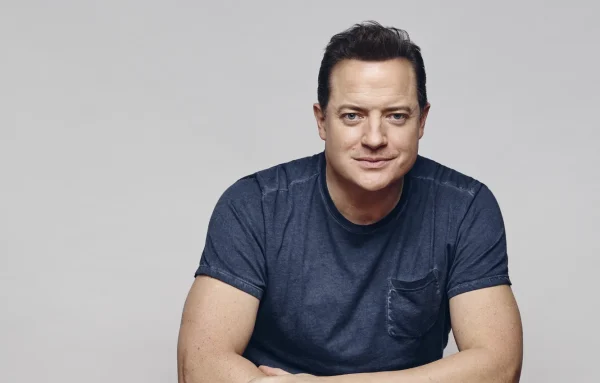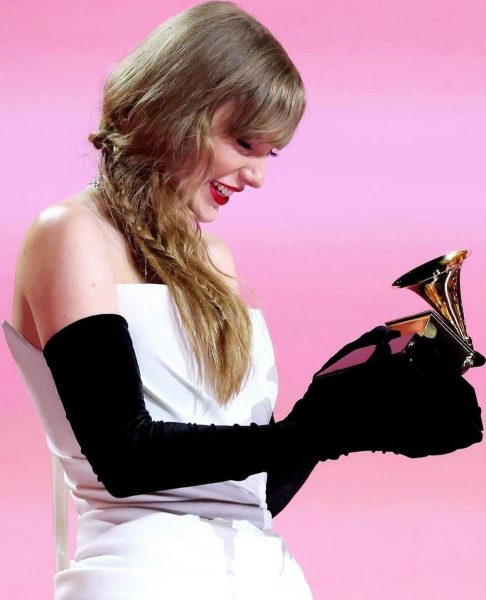When the Mirror Breaks: A Personal Reflection on Twin Fantasy
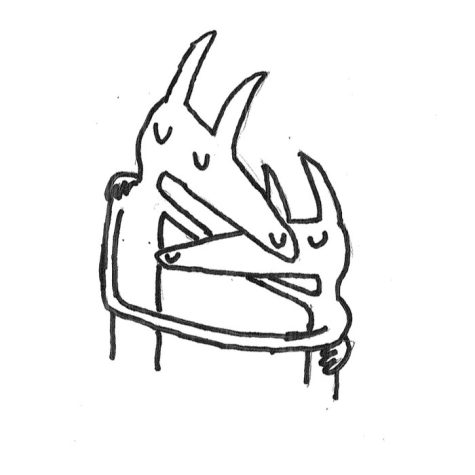
When I listened to Twin Fantasy (Face to Face) for the first time as a sixteen-year-old, it didn’t strike me as particularly good or interesting. I shrugged, cast it aside, and that was that; sure, I added a song or two to my playlists, but nothing truly stuck with me. But when I came back to it in the summer of 2021, freshly seventeen and in the thick of my own “twin fantasy,” it finally resonated.
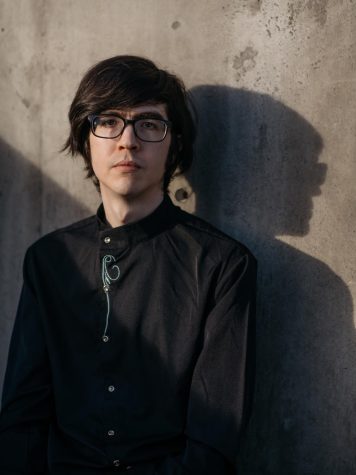
Before I explain the concept of the so-called twin fantasy, I’ll give you some background on Twin Fantasy and its creator. In the year 2011, Will Toledo, a nineteen-year-old at the time, home-recorded and released on Bandcamp Twin Fantasy (later retitled Twin Fantasy (Mirror to Mirror)) under the name Car Seat Headrest (he recorded the vocals in his mother’s car, which inspired the name for his project). The concept album was evidently based on his own experience being in a turbulent long-distance relationship with another man who was, like Toledo, struggling with mental illness. Mental health struggles are a prominent theme throughout both versions of Twin Fantasy, but Mirror to Mirror is particularly raw, as Toledo was in that turbulent relationship at the time of its recording. Its rawness is further amplified by the, frankly, terrible production; it was produced in Garage Band and recorded with a Macbook from the aughts, after all. The lo-fi production is endearing, in a way. In “Sober To Death,” for example, Toledo cries, “I wanna hear you going psycho / if you’re going psycho, I wanna hear!” It almost sounds childish, but the deep sense of yearning in that verse redeems it in a way. Toledo was desperate for someone that he could relate to, and he eventually ended up projecting his own issues onto this person. Mirror to Mirror explores this concept in depth, with consistent themes of the two men “becoming one.”
Toledo continued to put out home-recorded projects on his Bandcamp, and eventually scored a record deal with indie giant Matador in 2015. He was joined by drummer Andrew Katz in the studio, and later guitarist Ethan Ives and bassist Seth Dalby. With his newly-formed band, Toledo thought it was time to finish what he laid the groundwork for in 2011: Twin Fantasy. In interviews, Toledo has said that 2011’s Twin Fantasy had been an “unfinished project.” With better resources and talented bandmates, he could finally make Twin Fantasy what he had always wanted it to be. Twin Fantasy (Face to Face) was released in 2018 to massive critical acclaim. Face to Face is a complete rerecording of the original 2011 album, with some additions to a handful of tracks (“Famous Prophets” is six minutes longer on Face to Face) and slight lyric changes. The changed lyrics reflect how Toledo has matured since Mirror to Mirror; he now looks back on that turbulent relationship with wisdom and grace. For example, on Mirror to Mirror, at the end of the closing track, “Twin Fantasy (Those Boys),” Toledo ends the album with a short spoken-word section in which he says that he “has only lyrics now.” His relationship with the other man was not, in reality, what he built it up to be in his mind, and so he is left without any real memories or experiences. However, on Face to Face, this line is replaced with “These are only lyrics now.” As he has matured since Mirror to Mirror, Toledo has moved past the pain of unrequited love and escaped the twin fantasy mindset. Face to Face has a more mature, hopeful tone overall; it’s more bittersweet than pure agony, unlike Mirror to Mirror.
With this in mind, we can begin to explore the concept of the twin fantasy. The twin fantasy, simply put, is the subconscious projection of oneself onto another person. Whether we admit it or not, we all have a desire to connect with other people. We want to feel known on a deeper level; we want to feel seen and understood by at least one other person. When this desire is left unchecked, however, it can become dangerous; we end up projecting our own issues onto other people in order to feel understood, resulting in our expectations for those people to be wildly unrealistic, thus creating toxic relationships built on foundations that are shaky at best. We fall for our idea of someone rather than who that person actually is, and we become so entrenched in this fantasy that we start to see the other person as an extension of ourselves.
I’m speaking from experience here, of course. Last summer, I fell hard and fast for someone I had already been quite close to. They were, as it turned out, a lot like me; neurotic, didn’t quite fit in anywhere, loved music, passionate about what they stood for. I saw myself in someone else for the first time ever, and that was truly special to me. I finally felt understood on a deeper level than ever before. As the summer progressed, we blurred the lines between friendship and romance more and more. We grew dependent on each other; our own individual problems became each other’s, much like what is described in the lyrics of “Sober to Death.” It was us against the world, basically. I wholeheartedly believed that they loved me as much as I loved them. In my mind, our relationship was romantic, even if they “didn’t like labels.”
Eventually, I told them how I felt, expecting them to feel the same way; after all, I wouldn’t have said anything if I didn’t truly believe that. When I finally worked up the nerve to check if they had replied (I was much too nervous to tell them in person), I was met with the most earth-shattering news: they didn’t feel the same. Not even a little. The world as I knew it had gone up in flames in just a few minutes. I was devastated, to say the least. The mirror broke, so to speak, and for months, I stood alone surrounded by shattered glass. The twin fantasy ended before I was ready to let it go. I desperately tried to piece the mirror back together, to win them back over, to bring them into my life again. Despite my best efforts, we grew distant from each other. Later, I would realize that this was for the best, but at the time, I couldn’t fathom life without them. I listened to a lot of Car Seat Headrest. As trite as it sounds, I related to Toledo’s lines about being a misanthrope who just wants to be understood by someone, about feeling completely lost without that someone who understands you. In particular, I listened to Mirror to Mirror a lot. Its raw emotion and writhing pain perfectly expressed what I was feeling at the time. I felt a lot like Toledo did at the end of Mirror to Mirror; in a world where I was all alone, all I had were these lyrics that I could relate to. I listened to a lot of Toledo’s earlier, rawer, angrier work in my refusal to let go. I took comfort in my pain, in a way; accepting that they were gone seemed impossible, so that was all I could really do.
As this school year progressed, I slowly moved on. I gradually stopped trying to keep them close to me, and focused on my other relationships instead. I eventually gained the perspective that Will Toledo did in Face to Face; instead of subconsciously idealizing and viewing that person in a distorted way, I thought of them as they were. They weren’t the person I had built them up to be in my mind, as it turned out. We were fundamentally different in our morals, and our similarities only served to create a mutually parasitic dynamic. I stopped being so angry at them for not being who I wanted them to be. I was no longer obsessed with the mirror. Now, I only saw their face, so to speak, rather than my own or a distorted version of theirs. This is where I started listening to Face to Face more than Mirror to Mirror. Face to Face reflects on the pain and hardships of Mirror to Mirror in a bittersweet, more mature way. I followed suit; I could finally acknowledge what really happened without feeling all of the pain all over again. Our relationship was never romantic, as close as it was, and even that platonic closeness was unhealthy. That relationship needed to end at some point or another, and months after, I finally accepted that it was over, and matured in the process.
Now, I rarely come back to either version of Twin Fantasy in full (I still listen to the individual songs quite often). Mirror to Mirror is generally just too hard to sit through given the memories I associate with it, and Face to Face brings me right back to this state of reflection that I’m writing this in, which I’m obviously not always in the mood for. Even so, Twin Fantasy as a whole (as in both versions) remains my favorite music project of all time. I hold it near and dear to my heart; it helped me through what might have been the most challenging trial of my life thus far with its raw, realistic portrayal of what it’s like to love someone so much that you can’t imagine existing without them. The experience of the twin fantasy is more common than one might think. Car Seat Headrest has built up a well-deserved dedicated fanbase, many of whom relate to Twin Fantasy as much as I do. Finding out that Toledo had been through the exact same thing as I had been going through, along with thousands of other LGBT teenagers, put things into perspective and helped me to accept what had happened. Twin Fantasy made me more resilient, more mature, and more forgiving. Thank you, Will Toledo, for your brilliant magnum opus. Your music saves lives, including my own.
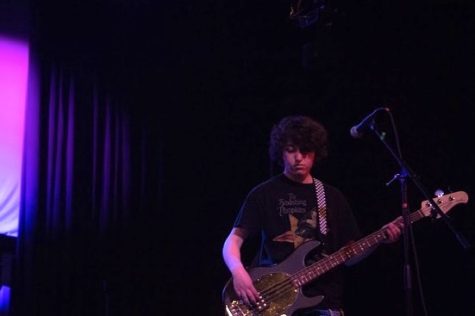
Nico is a senior currently enrolled in Journalism II. In addition to visual art, writing, and literature, he is passionate about contemporary music and...

